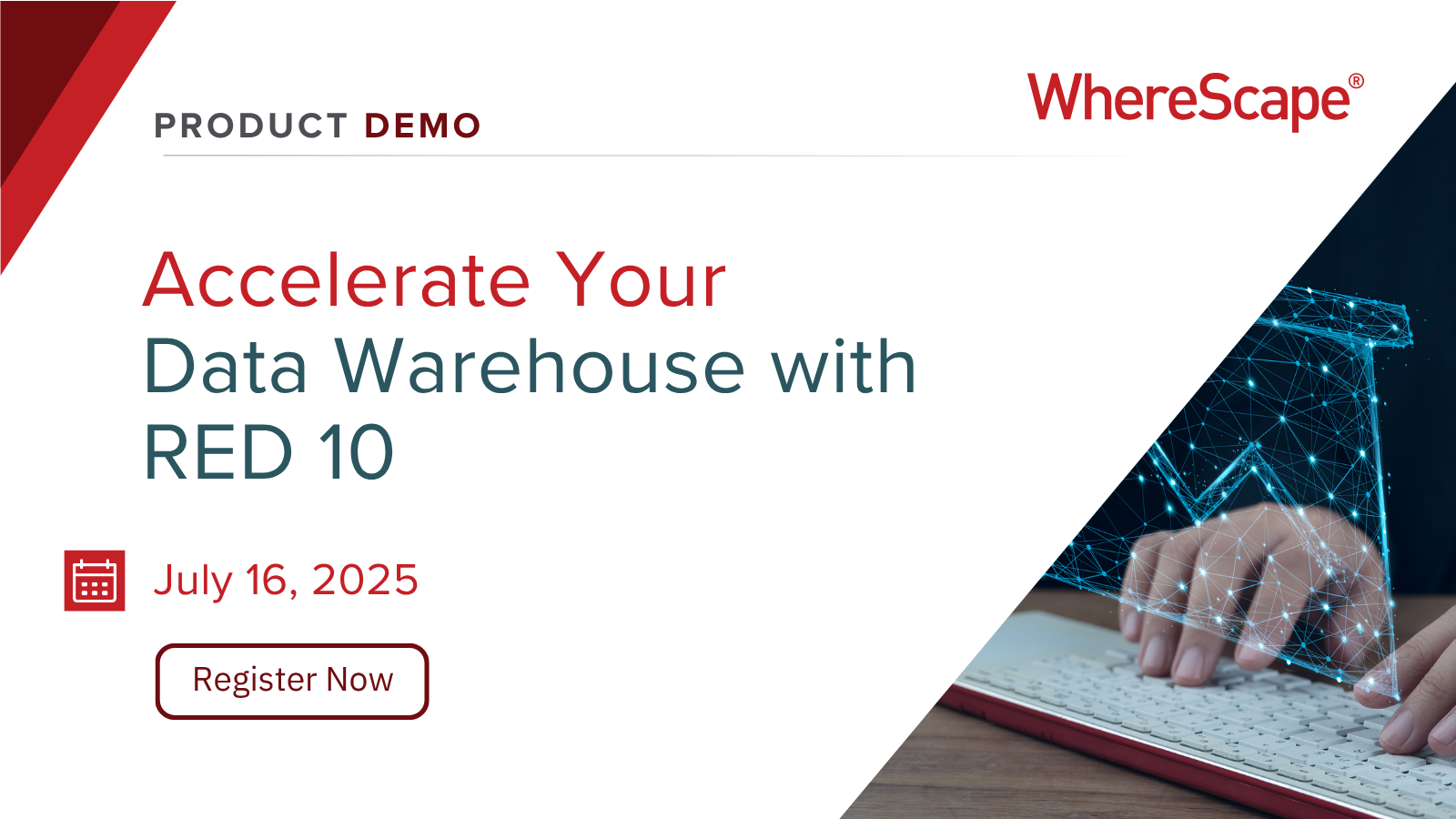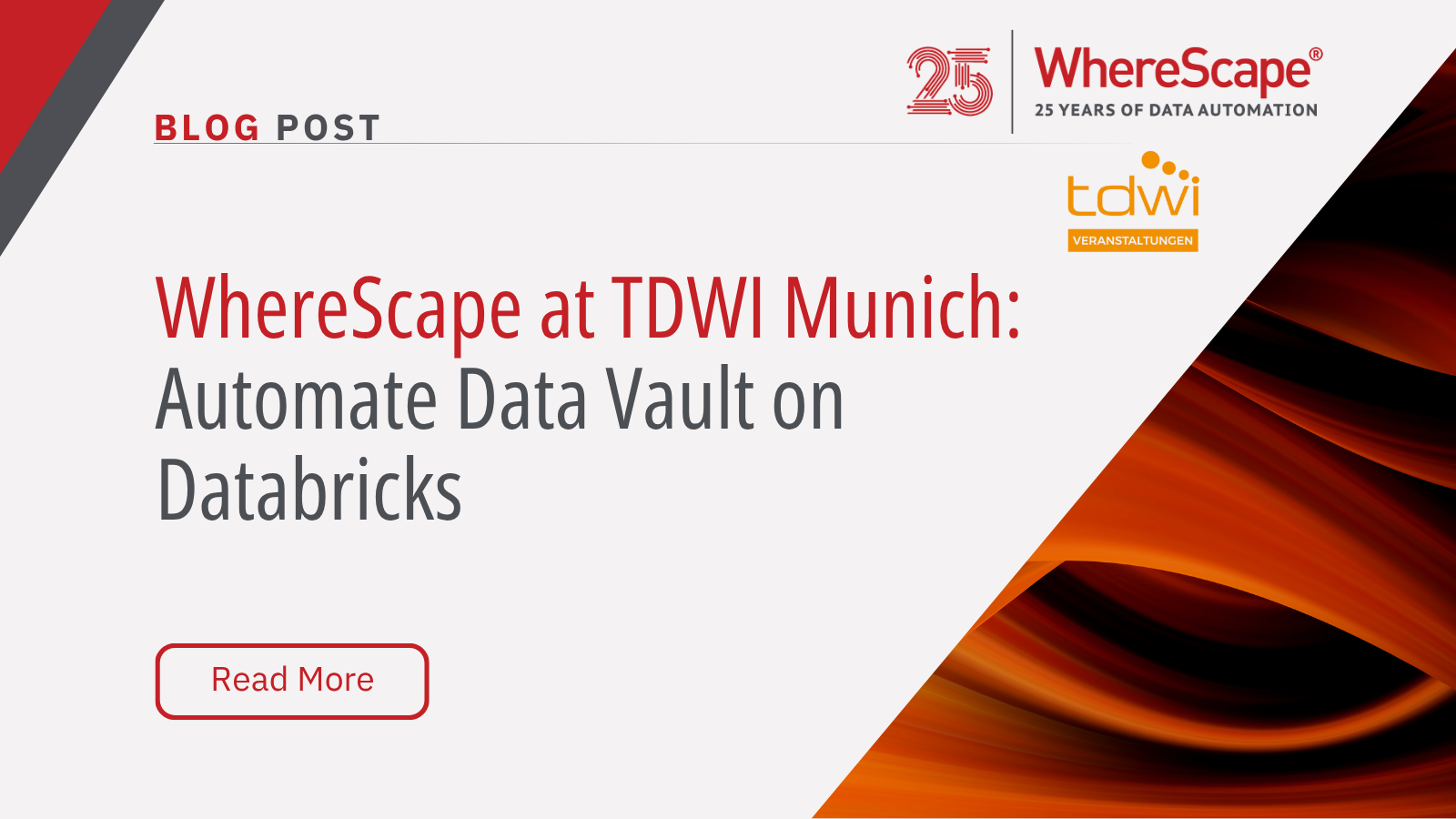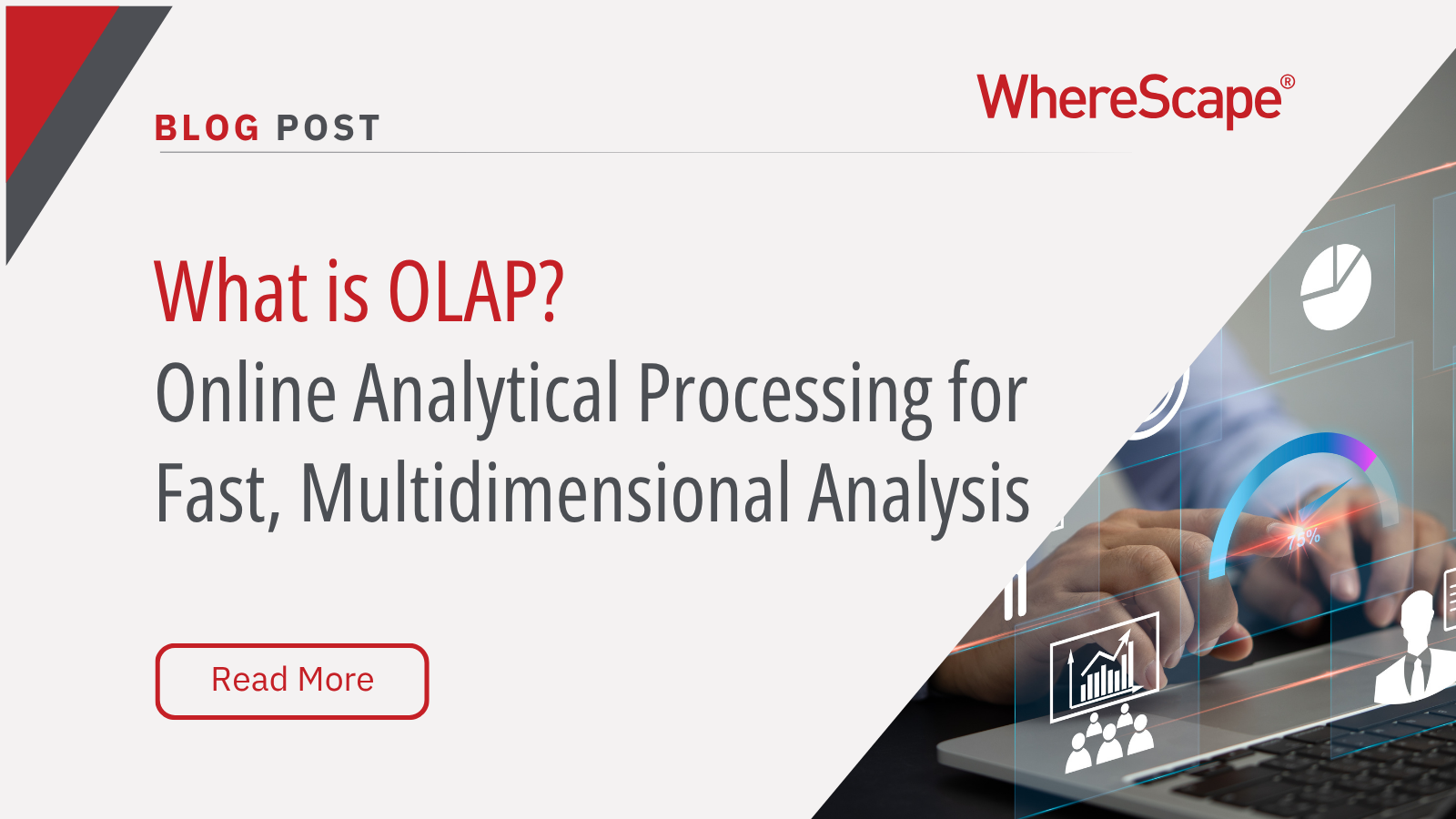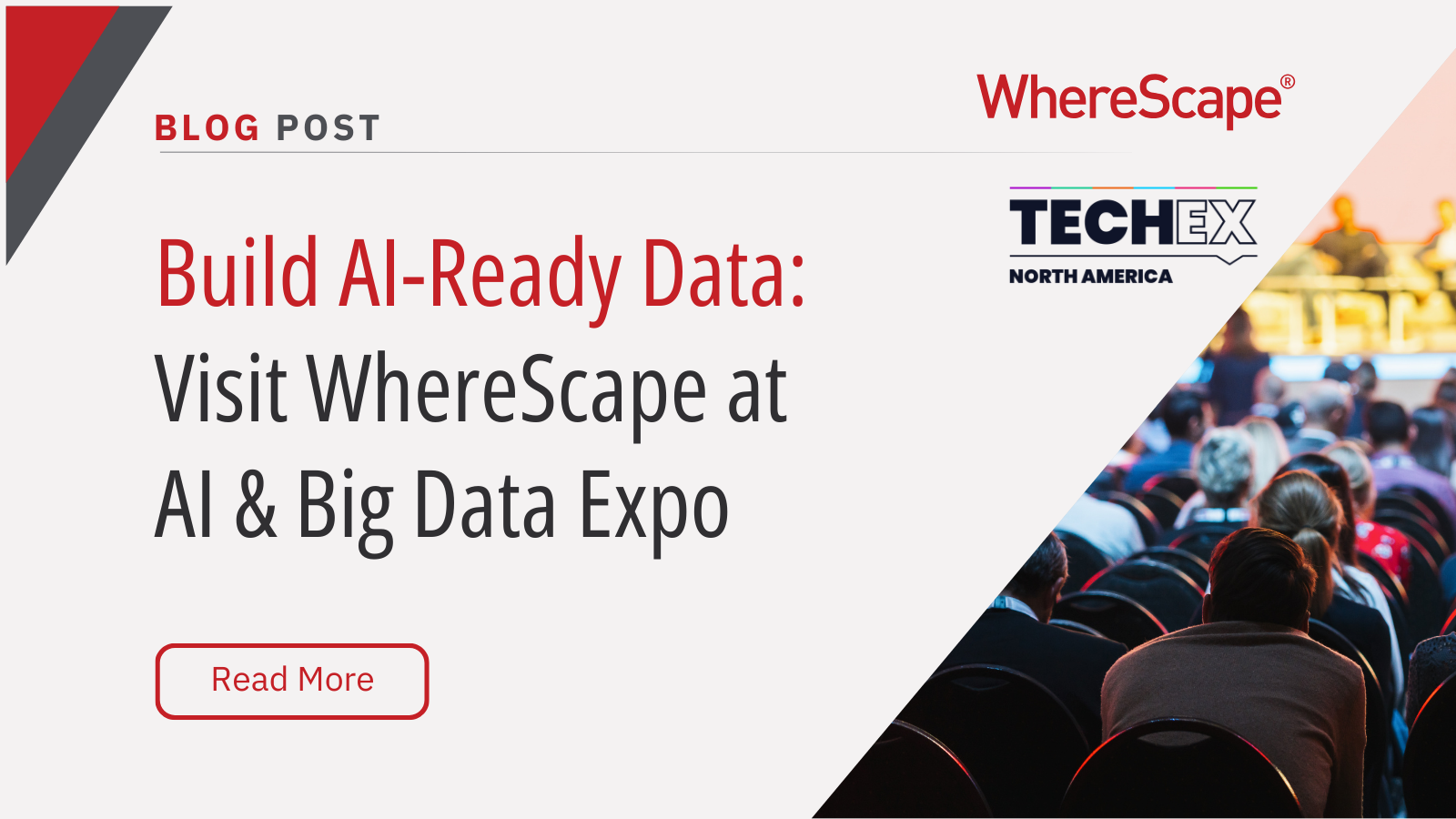Tune in for a free, live virtual hands-on lab...
Navigating Data Compliance and Risk Management Through Automation
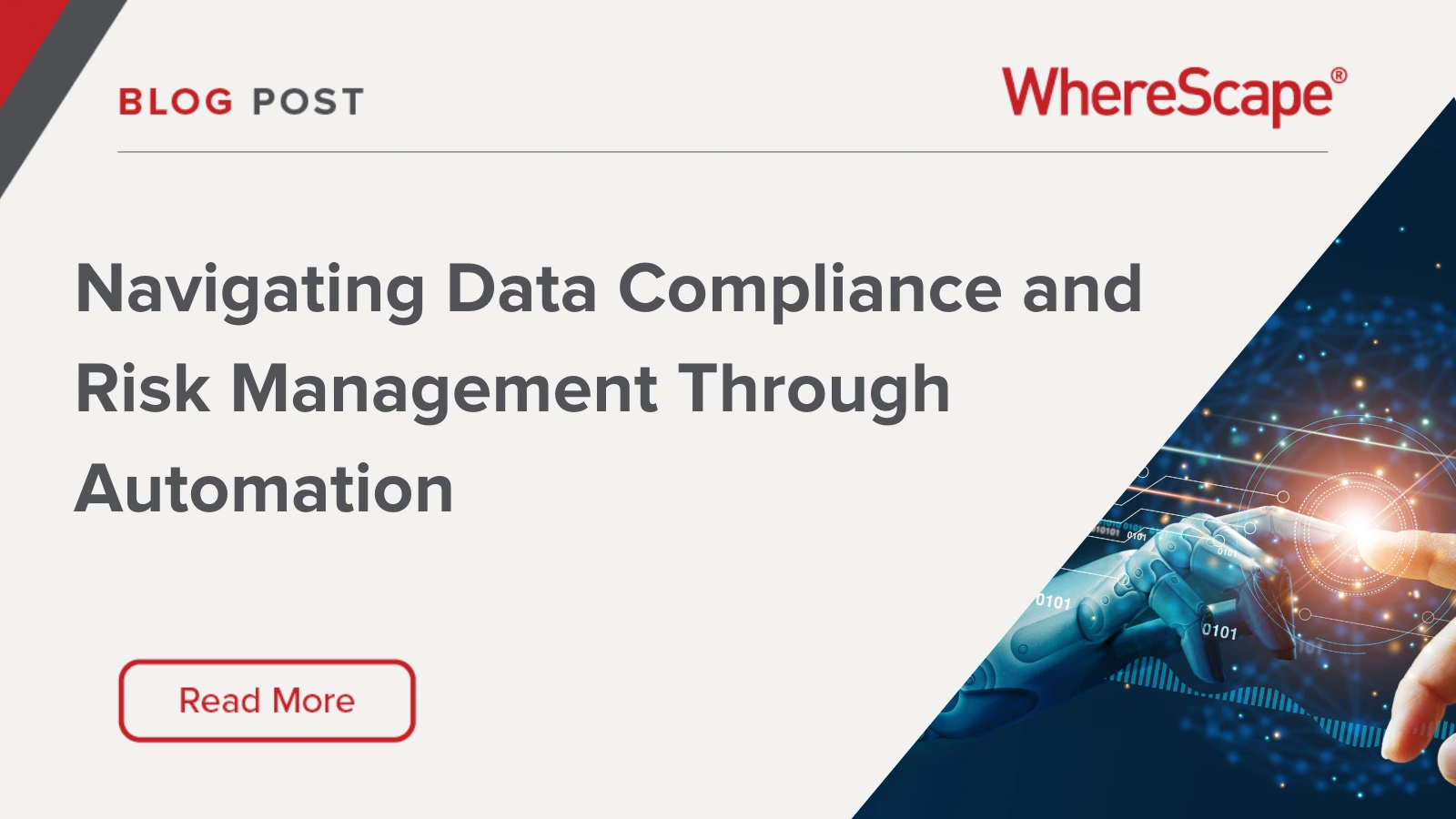
Data is a double-edged sword. While it fuels business growth and innovation, it also poses significant risks if not managed correctly. Navigating the complex landscape of data compliance and risk management is no longer optional—it’s essential for business survival.
The Critical Role of Data Compliance in Today’s Business Environment
Data is omnipresent and inescapable in today’s business environment. From location and browsing history to self-reported data points like age and gender, businesses have access to a wide range of personal data points about any given customer or user. While this data is more easily accessible than ever before, it’s also more important than ever to handle this data responsibly. Data compliance keeps your business safe from liability while protecting your community and consumers from fraud and cybercrimes.
Understanding Data Compliance
Data compliance means following laws and regulations regarding how data is collected, stored, and used. These laws and regulations ensure that organizations handle personal and sensitive information ethically and securely to protect data privacy and security. Steps toward data compliance can include encryption, access controls, and regular audits. Organizations must stay up-to-date with relevant legislation to avoid legal penalties and maintain trust with consumers and the public.
Automating Compliance to Meet Regulations and Standards
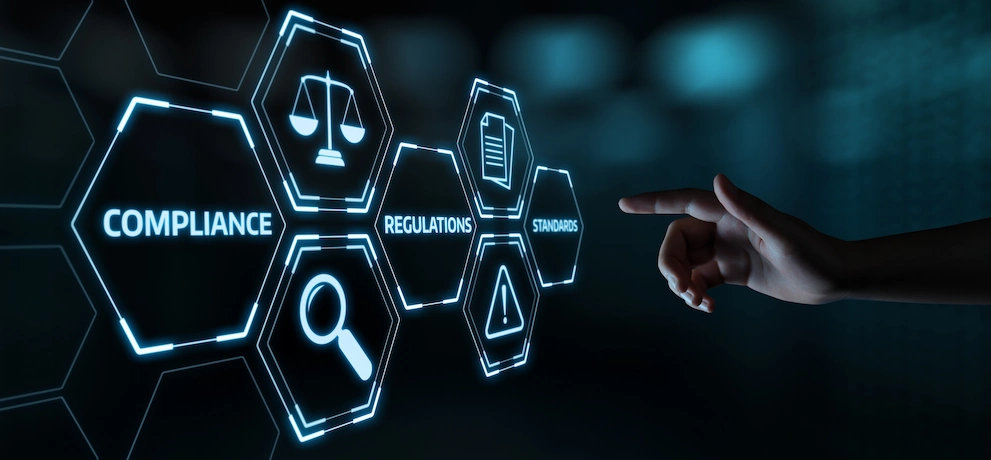
Data compliance is undeniably essential, but it is also time-consuming and can become overwhelming without the proper infrastructure in place. Automating data compliance through solutions like a unified data fabric can help streamline processing and uphold compliance standards.
Data Compliance Regulations
Data compliance regulations can vary by industry and country. In order to embrace the future of data management while staying compliant, organizations must thoroughly understand applicable regulations.
General Data Protection Regulation (GDPR)
GDPR is an active law in the European Union (EU) that protects the data of EU citizens and residents. Even businesses outside of the EU must adhere to their guidelines if they handle the data of EU residents or citizens. This set of requirements includes principles surrounding data protection, data security, accountability, and data processing. The penalties for not following these requirements are very costly, but fortunately, WhereScape can help you ensure GDPR compliance.
Health Insurance Portability and Accountability Act (HIPAA)
HIPAA is a United States law designed to protect individuals’ health-related information. Under HIPAA, medical information must remain private and secure through the use of measures like safeguards for electronic records. It also grants patients rights over their health data.
The California Consumer Privacy Act (CCPA)
CCPA grants California residents the right to know what personal data is being collected about them and to whom it is being disclosed. It also gives California residents the ability to access, delete, and opt out of the sale of their personal information. This law is designed to enhance privacy rights.
The Sarbanes-Oxley Act (SOX)
SOX is a United States federal law meant to enhance corporate transparency and prevent accounting fraud. Through strict financial reporting, data risk management, and auditing requirements on public companies, it aims to protect investors. It mandates rigorous internal controls and holds executives accountable for the accuracy of financial statements.
Payment Card Industry Data Security Standards (PCI-DSS)
The PCI-DSS is a set of security guidelines designed to protect credit card information during and after transactions. This is not a law or a regulation but it is a part of the contractual obligation between businesses and major credit card companies. These standards require that businesses handling cardholder data use robust security measures including encryption, access controls, and regular security testing to prevent data breaches and ensure the safe handling of payment information.
How Automation Simplifies GDPR Compliance
In order to stay on top of data compliance and proper data risk management, organizations must closely monitor huge amounts of data at any given time. Especially for large or growing companies, the only way to reliably keep compliant data handling processes is through automation strategies like data models and data mesh. These solutions allow for decentralized governance and aligned standards.
Enhancing Data Security Through Automated Solutions
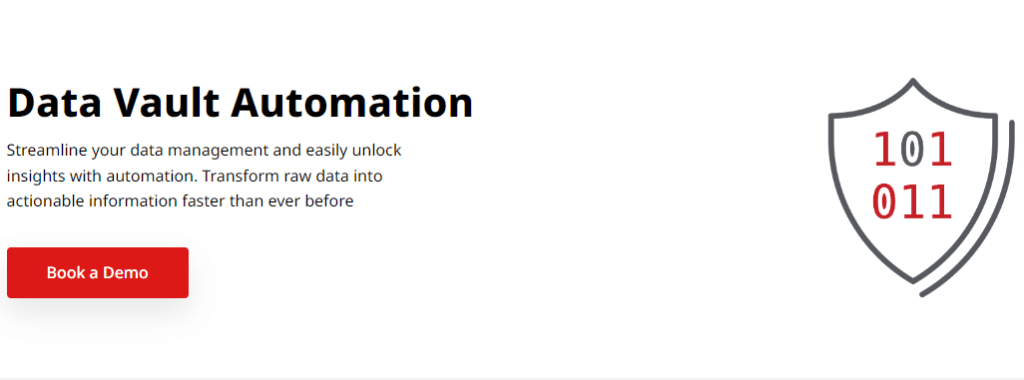
Striving for data security automation is the best way to facilitate database compliance and long-term reliability in your data compliance practices. Implementing tools that continuously monitor for threats, detect vulnerabilities, and enforce security policies without manual intervention allows for scalable and error-free compliance measures.
The Growing Threat of Data Breaches
Unfortunately, data breaches have become increasingly common in recent years. Between 2022 and 2023, there was a 78% increase in reported data breaches. Automated systems such as intrusion detection, encryption management, and compliance auditing allow businesses to swiftly respond to security incidents, reducing the risk of data breaches and ensuring consistent protection of sensitive data.
Integrating WhereScape Automation to Boost Compliance and Security
Manually keeping up with compliance and security requirements would require massive teams and substantial investments, and would still leave your business vulnerable to human error. On the other hand, integrating WhereScape Automation to take advantage of solutions like data fabric means spending less, staying efficient, and scaling faster – all while staying compliant and keeping all stakeholder data protected.
Safeguard Your Business: Embrace Automation for Data Compliance and Security

As businesses navigate the complexities of data compliance and risk management, automation emerges as an indispensable ally. It streamlines compliance processes, ensures adherence to ever-evolving regulations, and enhances data security. By implementing automated solutions, organizations can mitigate risks, avoid costly penalties, and build trust with consumers and stakeholders.
WhereScape’s comprehensive data automation solutions provide the infrastructure necessary to achieve these goals. Whether dealing with GDPR, HIPAA, CCPA, SOX, or PCI-DSS, WhereScape ensures that your business remains compliant and secure. Investing in automated compliance not only protects your organization but also empowers it to grow and innovate with confidence.
Take the next step towards robust data compliance and security. Book a personalized demo with WhereScape today and discover how our cutting-edge automation solutions can transform your business.
WhereScape at TDWI Munich: Automate Data Vault on Databricks
WhereScape at TDWI Munich 2025: Automate a Full Data Vault on Databricks in Just 45 Minutes June 24–26, 2025 | MOC Munich, Germany As data complexity grows and business demands accelerate, scalable and governed data architectures are no longer optional—they're...
What Is OLAP? Online Analytical Processing for Fast, Multidimensional Analysis
Streamline your data analysis process with OLAP for better business intelligence. Explore the advantages of Online Analytical Processing (OLAP) now! Do you find it challenging to analyze large volumes of data swiftly? A Forrester study reveals that data teams spend...
Build AI-Ready Data: Visit WhereScape at AI & Big Data Expo
June 4–5, 2025 | Booth 202 | Santa Clara Convention Center As organizations scale their artificial intelligence and analytics capabilities, the demand for timely, accurate, governed, and AI-ready data has become a strategic priority. According to Gartner, through...
Automating Star Schemas in Microsoft Fabric: A Webinar Recap
From Data Discovery to Deployment—All in One Workflow According to Gartner, data professionals dedicate more than half of their time, 56%, to operational tasks, leaving only 22% for strategic work that drives innovation. This imbalance is especially apparent when...
What is a Data Model? How Structured Data Drives AI Success
What is a data model? According to the 2020 State of Data Science report by Anaconda, data scientists spend about 45% of their time on data preparation tasks, including cleaning and loading data. Without well-structured data, even the most advanced AI systems can...
ETL vs ELT: What are the Differences?
In working with hundreds of data teams through WhereScape’s automation platform, we’ve seen this debate evolve as businesses modernize their infrastructure. Each method, ETL vs ELT, offers a unique pathway for transferring raw data into a warehouse, where it can be...
Dimensional Modeling for Machine Learning
Kimball’s dimensional modeling continues to play a critical role in machine learning and data science outcomes, as outlined in the Kimball Group’s 10 Essential Rules of Dimensional Modeling, a framework still widely applied in modern data workflows. In a recent...
Automating Data Vault in Databricks | WhereScape Recap
Automating Data Vault in Databricks can reduce time-to-value by up to 70%—and that’s why we hosted a recent WhereScape webinar to show exactly how. At WhereScape, modern data teams shouldn't have to choose between agility and governance. That's why we hosted a live...
WhereScape Recap: Highlights From Big Data & AI World London 2025
Big Data & AI World London 2025 brought together thousands of data and AI professionals at ExCeL London—and WhereScape was right in the middle of the action. With automation taking center stage across the industry, it was no surprise that our booth and sessions...
Why WhereScape is the Leading Solution for Healthcare Data Automation
Optimizing Healthcare Data Management with Automation Healthcare organizations manage vast amounts of medical data across EHR systems, billing platforms, clinical research, and operational analytics. However, healthcare data integration remains a challenge due to...
Related Content
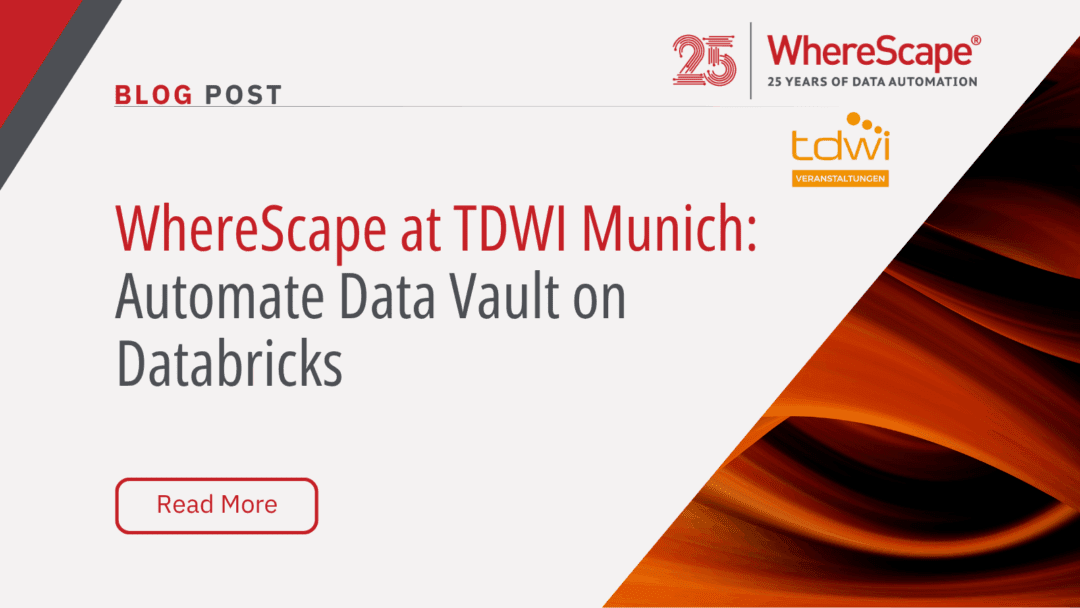
WhereScape at TDWI Munich: Automate Data Vault on Databricks
WhereScape at TDWI Munich 2025: Automate a Full Data Vault on Databricks in Just 45 Minutes June 24–26, 2025 | MOC Munich, Germany As data complexity grows and business demands accelerate, scalable and governed data architectures are no longer optional—they're...
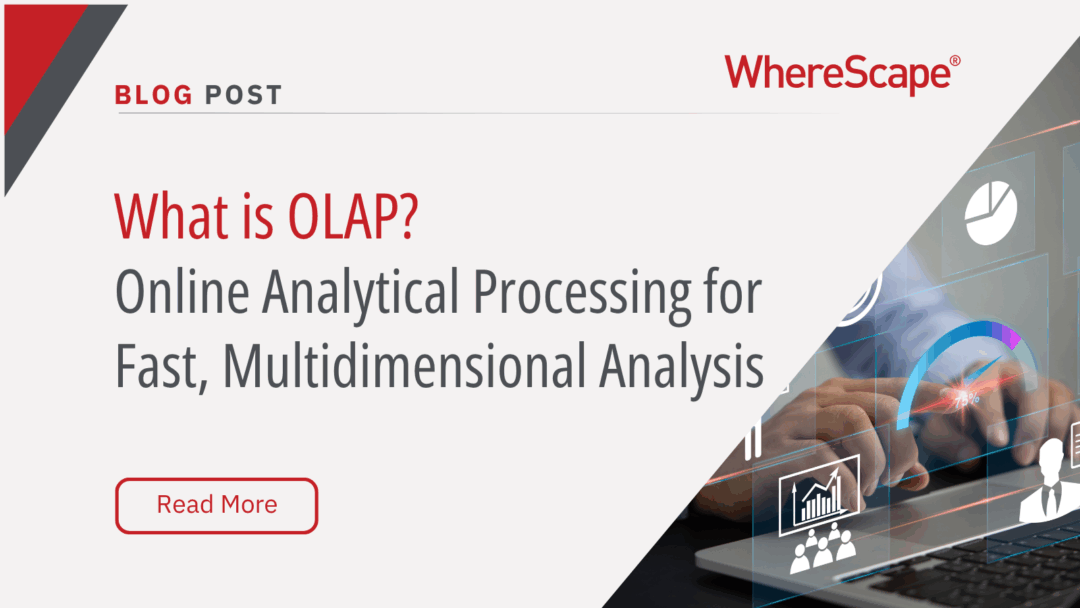
What Is OLAP? Online Analytical Processing for Fast, Multidimensional Analysis
Streamline your data analysis process with OLAP for better business intelligence. Explore the advantages of Online Analytical Processing (OLAP) now! Do you find it challenging to analyze large volumes of data swiftly? A Forrester study reveals that data teams spend...
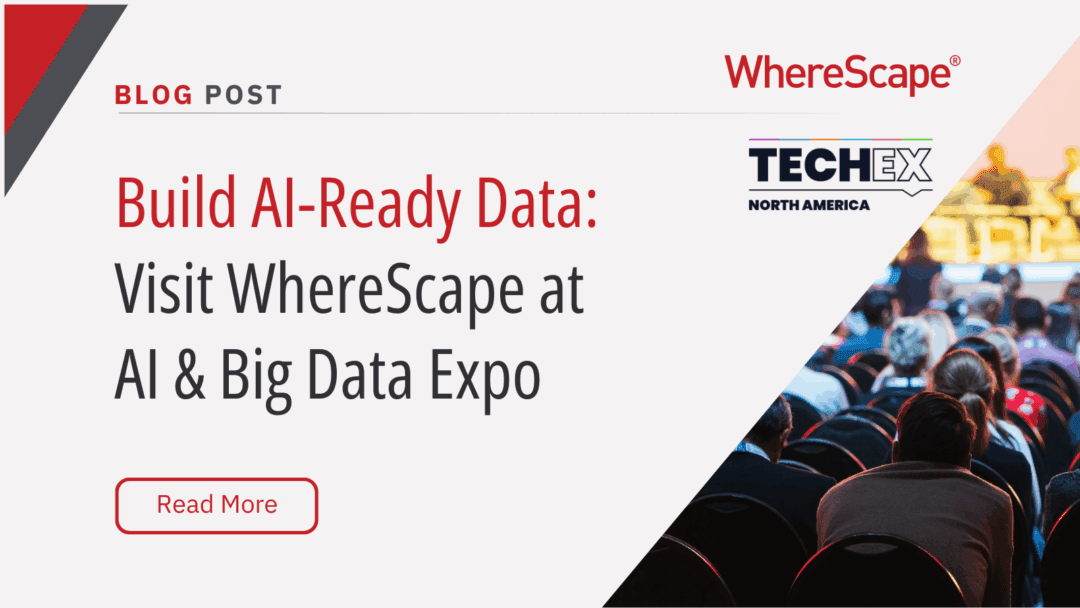
Build AI-Ready Data: Visit WhereScape at AI & Big Data Expo
June 4–5, 2025 | Booth 202 | Santa Clara Convention Center As organizations scale their artificial intelligence and analytics capabilities, the demand for timely, accurate, governed, and AI-ready data has become a strategic priority. According to Gartner, through...
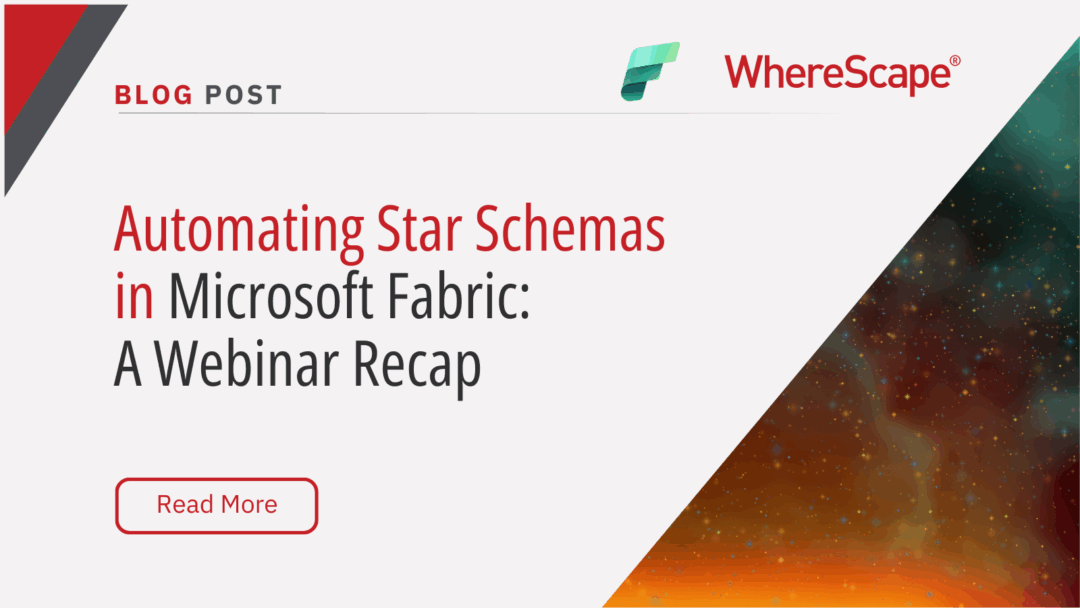
Automating Star Schemas in Microsoft Fabric: A Webinar Recap
From Data Discovery to Deployment—All in One Workflow According to Gartner, data professionals dedicate more than half of their time, 56%, to operational tasks, leaving only 22% for strategic work that drives innovation. This imbalance is especially apparent when...

